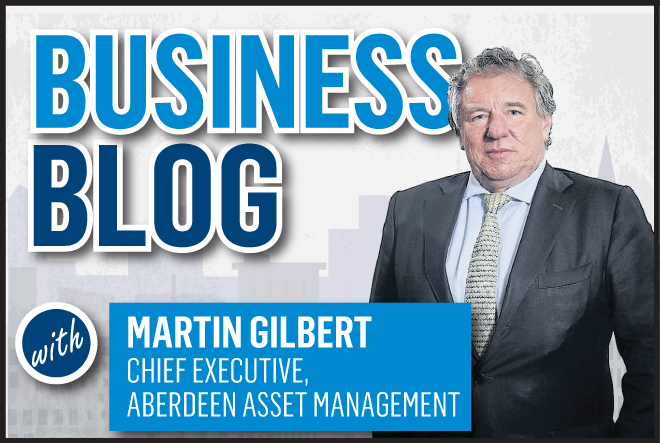The 14-years jail sentence handed down to Tom Hayes, formerly of UBS, for manipulation of Libor rates, with 11 more people due to stand trial, has once again brought into public focus the serious flaws in the corporate culture of many financial institutions.
But more depressing than these cases of past misconduct is the recent claim in a report by the Financial Conduct Authority (FCA) that banks have still not taken adequate steps to prevent such scandals happening again. It’s not just banks and currency traders, though, that have failed to create a corporate culture that fosters integrity.
The CEO of Toshiba resigned recently after investigators found the company had fraudulently overstated its operating profits over several years, to the tune of £780million. The report on the scandal said the company’s top managers had created a pressurised corporate culture that prompted business heads to manipulate figures to meet targets.
It was exactly that kind of pressurised corporate culture that led to the banking collapse in 2008. Obviously some people in the financial world never learn. This isn’t even a recent phenomenon: as long ago as 2003 the US communications giant WorldCom was exposed as having inflated its assets by $11billion through false accounting – the largest accounting fraud in US history until Bernie Madoff’s $64billion Ponzi scheme collapsed in 2008.
What does the financial services industry need to do to end this cycle of misconduct that is dangerously discrediting capitalism? The answer is for every financial institution to do whatever it takes to ensure it has a healthy corporate culture that combines vigilant oversight of its operations with a focus on client outcomes, team spirit and positive employee motivation.
Recent research by PwC and London Business School concluded: “The threat of fines, bonus clawbacks and even prison won’t on its own prevent further misselling and market-rigging scandals. That’s because anxiety disrupts people’s capacity to make good decisions, often leading them to behave less ethically.”
The solution was to create excitement about competition, encouraging employees to be more innovative and “putting the spotlight on the positive outcomes of good behaviour rather than the penalties for behaving badly”.
At Aberdeen Asset Management we have always nurtured a responsible corporate culture and values. While we’ve benefited from this emerging naturally and spontaneously, we also recognise they have to be constantly refreshed. We are currently increasing the emphasis on culture and values in our internal communications, training and development materials.
The qualities we aim to promote are integrity, teamwork, ambition, a questioning attitude and a commitment to quality – a determination to add long-term value to our clients’ portfolios and to treat customers fairly.
Teamwork is a core value in Aberdeen’s corporate identity. I believe the financial industry can learn a lot from the sporting world, so much of which depends on effective teamwork. I’ve often recommended to colleagues to read a book about the Barcelona football team and its football academy, called Barca: The Making of the Greatest Team in the World, by Graham Hunter. That story demonstrates how team spirit breeds success.
I like to see people working together in teams with every one of them having a voice sharing ideas. They should also feel empowered to challenge and improve processes rather than obediently follow what may well be out of date practices. But the promotion of teamwork doesn’t mean we shouldn’t value and encourage talent. It would be counter-productive to stifle the initiative of individual employees.
Improving the culture is increasingly a preoccupation in boardrooms. In a recent article in the London Evening Standard, Anthony Hilton referenced a prize-winning essay by Siobhan Caitlin Sweeney on “The Creation of the Contrarian Director”, advocating the appointment of strongly independent-minded non-executive directors, citing Warren Buffett’s claim: “Boards don’t look for Dobermans; they look for cocker spaniels… and check to make sure the tail is wagging.”
The Institute of Business Ethics recently argued that internal auditors should enlarge the scope of their scrutiny of companies to include corporate culture which is exactly what ours are doing.
Whatever formal mechanisms emerge, it’s inevitable that any assessment of institutions from now on will increasingly focus on their corporate culture. It is key to every organisation’s character and ethical standards, and it needs to be beyond reproach.
